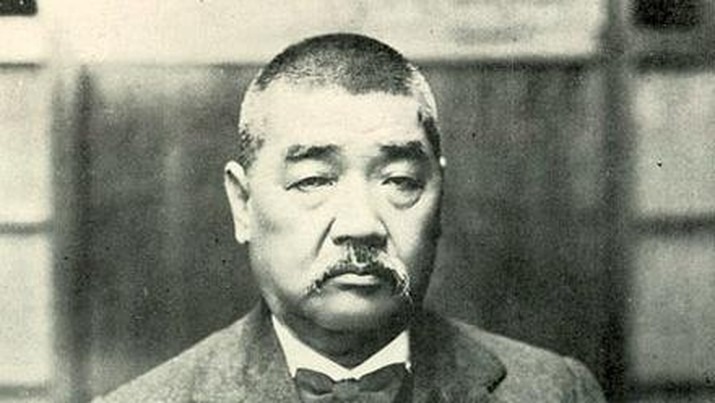The existence of uncontrolled debt makes a person miserable. There are many cases, one of which happened to Kwik Djoen Eng, one of Indonesia’s richest people during the colonial period.
Kwik has a super large sugar business empire in the world which is centered in Solo and spreads to Japan. However, the business empire that was built was destroyed due to a ridiculous habit: being in debt due to using the “dig a hole and cover the hole” system.
For the record, Kwik Djoen Eng was a resident of Fujian, China, who did business in Java in 1877. He and his brother founded Kwik Hoo Tong Handelmaatschappij (KHT). This company, which was founded on July 17 1894, trades agricultural products, such as sugar, tea, rice, coconut oil and charcoal.
In the company, Kwik is the number one person. Alexander Claver in Dutch Commerce and Chinese Merchants in Java (2014) said that the cleverness of the man born in 1860 in communicating made it easy for many banks to trust him.
He succeeded in convincing the Dutch East Indies Central Bank, de Javasche Bank (DJB), to issue a loan. Apart from that, he also succeeded in attracting Bank of Taiwan, Bank of Japan, and a bank from England, namely Standard Chartered, as investors. Hundreds of thousands of guilders came out of the bank’s safes.
All of this makes KHT’s business even more successful. Moreover, when KHT focused on the sugar business. Leo Suryadinata in Southeast Asian Personalities of Chinese Descent (2012) said that in the hands of Kwik Djoen Eng KHT rose to become a top company that successfully competed with the Kian Gwan sugar company, owned by sugar king Oei Tiong Ham.
KHT was also included in the 5 largest companies in the world in 1920. Its total profits reached 14 million guilders. The business which was initially based in Solo slowly began to spread to China and Japan. The company also actively invests in many companies and banks.
At this point, Kwik’s personal money reached 50 million guilders, making him one of the few richest people in the colonial era. He used that much money to build magnificent palaces spread across several regions.
However, business capital that comes from debt is disastrous. Kwik was indeed good at getting bank credit, but all of this resulted in his debt reaching millions of guilders. Initially, KHT could pay the debt in installments from business profits.
To get around all of that, Kwik uses a system of digging holes to cover the holes. He applied for another loan to pay off the debt. All of this practically left KHT in debt. All creditor banks have given the yellow light.
Alexander Claver said authorities threatened to intervene and file for bankruptcy if no payment or compensation was offered.
In the end, in the last week of January 1935, after 40 years of building a business empire in Indonesia and the world, KHT’s history was declared finished because it could no longer pay its debts. All KHT and Kwik assets were confiscated by de Javasche Bank which is now Bank Indonesia.
However, the confiscation could not recover the entire debt, which was so large. While this confiscation was taking place, Kwik Djoen Eng died. He died without any wealth. Even so, traces of his life can still be found through the palace in Semarang.
Resource : https://www.cnbcindonesia.com/








Leave a Reply